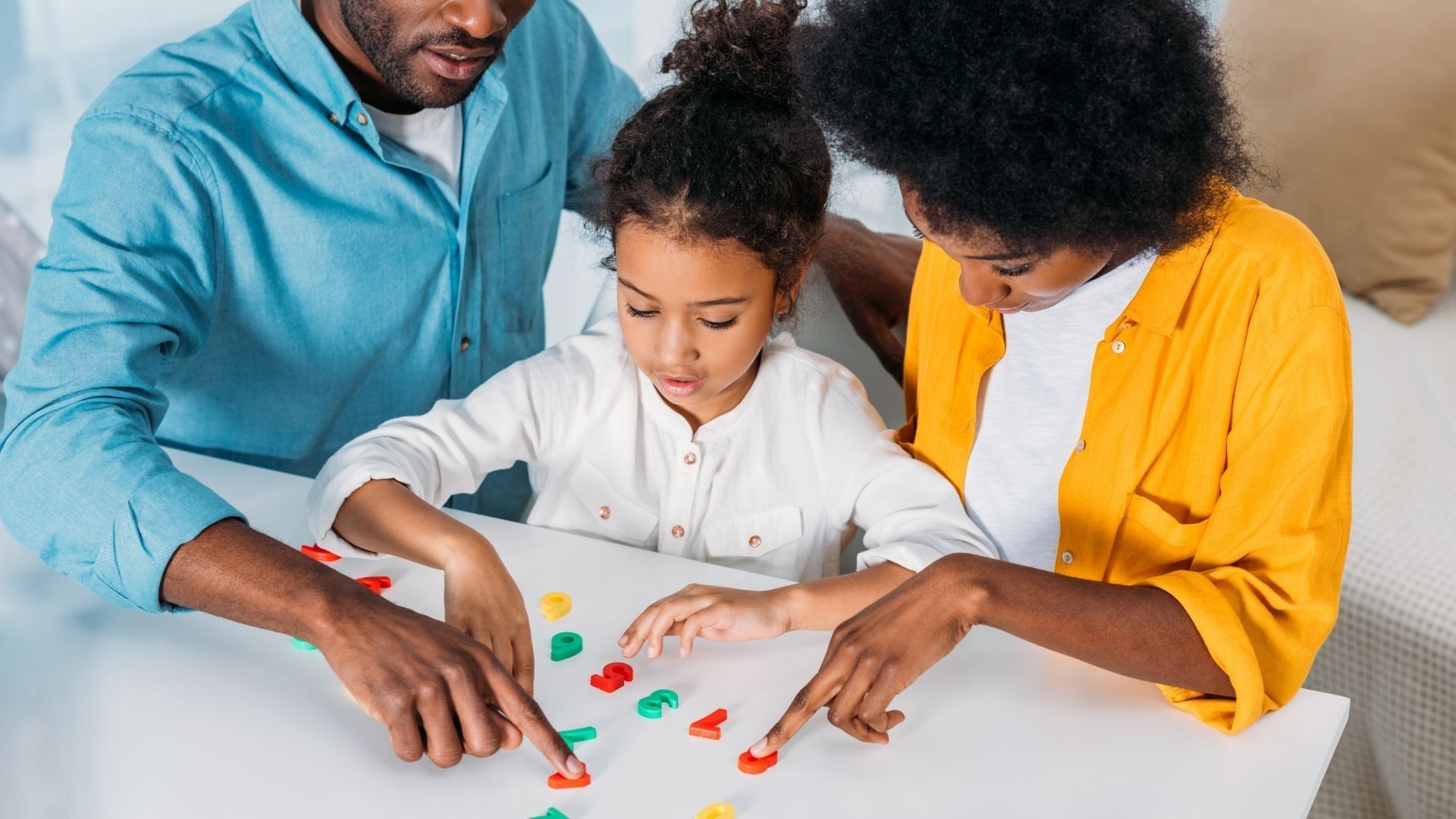Why emotions matter

The way we interpret and respond to our feelings has a major impact on our behaviour, choices, and how well we cope with and enjoy life.
Think about all the different feelings you have every day – from surprise to shame, elation to empathy – and how you react to each emotion. The way you deal with your feelings now is very different to how you would have at age 14, which is different again to your responses age four.
Emotional development is a complex process that begins in infancy and continues into adulthood.
Emotional development starts with young kids:
- learning what feelings and emotions are
- understanding how and why they happen
- recognising their own feelings and those of others
- developing effective ways of managing them.
As kids grow and are exposed to different situations, their emotional lives also become more complex. Developing skills for managing a wide range of emotions is really important for their emotional wellbeing.
Emotional development stages
Babies start to feel basic emotions such as joy, anger, sadness and fear. Later, as kids begin to develop a sense of self, they experience more complex emotions like shyness, surprise, elation, embarrassment, shame, guilt, pride and empathy.
Very young children’s emotions are mainly made up of physical reactions – such as their heart racing or butterflies in their stomach – and behaviour.
As they grow, children develop the ability to recognise feelings. Their emotions are also increasingly influenced by their thinking. They become more aware of their own feelings and better able to recognise and understand those of other people.
The experience of emotion includes
- physical responses, including heart rate, breathing, hormone levels
- feelings that children recognise and learn to name
- thoughts and judgements associated with feelings
- action signals, such as an urge to approach, escape or fight.
- Many things influence the ways that children express emotions, both through words and behaviour.
These influences include:
- values and beliefs about appropriate and inappropriate ways of expressing emotions that children learn from parents and other family members
- how effectively children’s emotional needs are usually met
- children’s temperaments
- emotional behaviours that children have learned through observation or experience
- the extent to which families and children are under various kinds of stress.
Why do children need help from adults?
We can all feel overwhelmed at times. Over time, we get to know what situations or experiences are likely to upset us and how we can manage our emotions when these arise. We continue to learn about what upsets us and find new ways to handle our emotions throughout our lives.
Children also have times when they can feel overwhelmed or out of control but, because of their age, they’ve had less time and opportunity to learn about managing their feelings. When adults respond to children’s cues and help them manage feelings of uncertainty, helplessness, or being overwhelmed, kids feel safe and trust that they have someone to help when they need it.
Gradually children learn to manage their emotions for themselves from their experiences with warm, responsive and trusted adults. When children feel calm and safe, they’re more likely to be able to focus and maintain their attention, which is central to their overall development.
Giving kids a hand with emotions
You can help kids move from a negative state where they’re feeling upset or distressed to a more positive one – where they feel safe, calm and ready to interact with their world in a positive way.
Try a few of the tips below – over time you’ll figure out what works best for your child.
- Helping them to slow their breathing down – by blowing bubbles or pretending to blow out birthday candles – and encouraging them to take deep breaths.
- Encouraging children to imagine they are a floppy rag doll and to give themselves a shake. This helps release tension they might be holding in their body.
- Helping children to imagine and pretend they are a favourite animal taking a nap. This encourages kids to close their eyes and relax.
- Developing a strategy to use when they’re feeling out of control, such as having a calm thought or picture; taking time out by reading a calming story together; or talking with you or another supportive adult about how they feel.
- Expressing their emotions in productive ways – this might include drawing, using playdough or acting their feelings out with toys.
- Increasing their ‘feel good’ hormones through exercise, positive social experiences, a healthy diet, and plenty of rest.
Share Post
Complete the following form if you require more info about EQ4kids or want to enroll your child at your nearest Franchise.
Blog Enquiry









